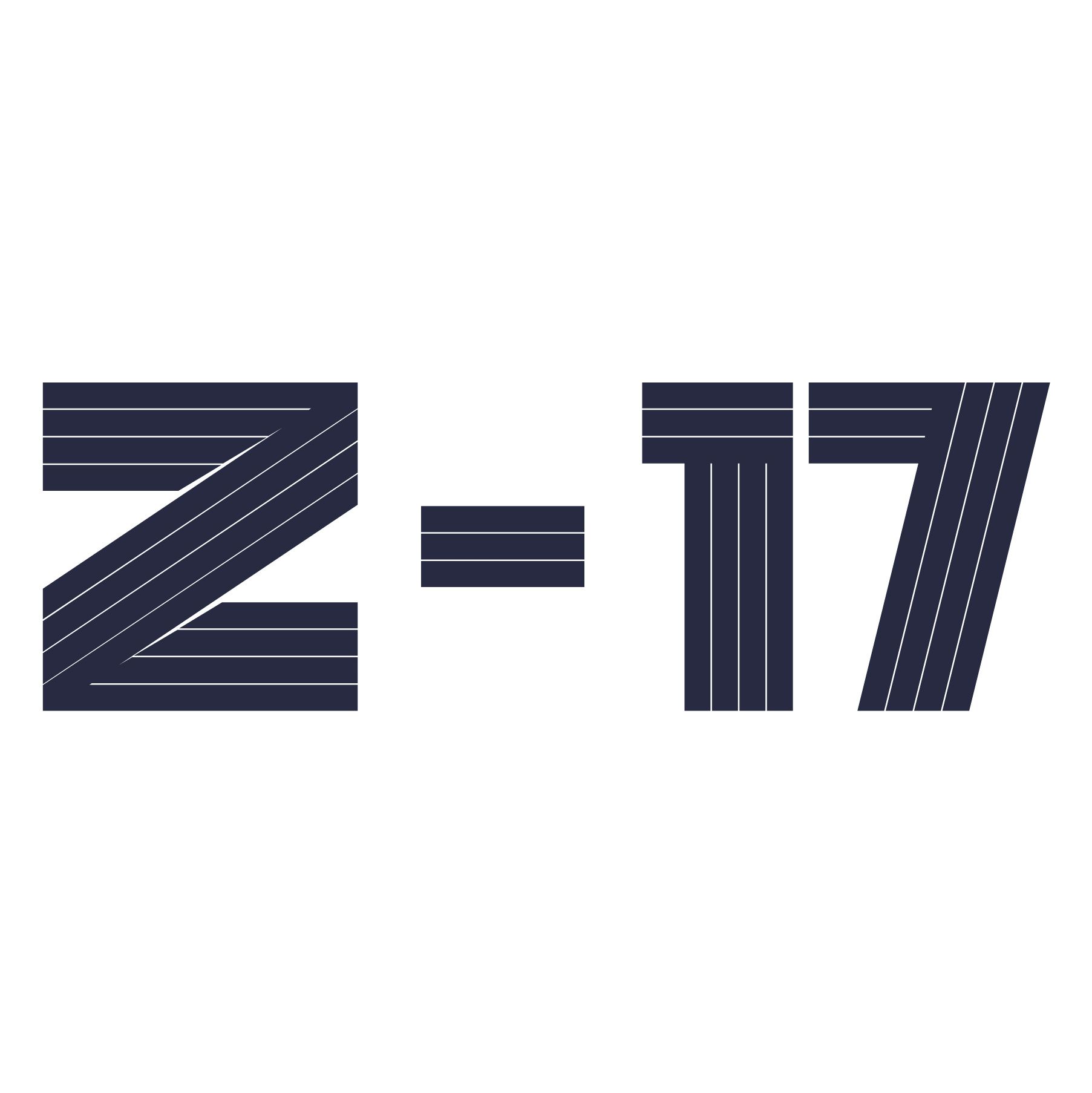This video is part of Z 17 Collective’s Future of Learning series, which asks education thought leaders what learning can and should look like in the midst and wake of the coronavirus pandemic.
RICHARD CULATTA: There are some amazing things that are happening in schools today. Teachers are some of the most creative people I have ever met on the planet. But there are some structural elements of schools today that are holding us back. Rigid adherence to a schedule, thinking that we can only tap into expertise if they are in the physical walls of our school. Presenting more content to students than we do tools for them to become problem solvers. These are all the things that are actually holding back our creativity. And by the way, a lot of people like to talk about assessing and assessing learning and how we shouldn't be focused so much on assessing learning. That is not true at all. It is critical that we are assessing learning. We just need to do it in a way that works. Assessment isn't a problem. Bad assessment is a problem. So instead of multiple choice tests let's do authentic assessments where students can really show what they've learned and what they understand. When we take these sorts of elements—and technology can fuel all that if used correctly—when we take these elements we find that school is actually an incredibly innovative place. It's just being held back by some long-held structures, systems that we've been afraid to step away from. and frankly the coronavirus has forced us to step away from these. It's shown us where we have weak muscles and where we have abilities to grow and change. And so the silver lining out of all of this is that we now know some areas where we don't have to be so afraid to move away. We don't have to be afraid to move away from the schedule or our building or our traditional assessments. And if that is the silver lining that comes out of this it could be one of the most amazing things that's ever happened for learning.
Just presenting content to a kid is the least interesting thing that we can do with learning in a virtual space. What I think is much more exciting is when we take advantage of the technology so that the world around us actually becomes part of the learning experience. A couple of years ago I was visiting a school in Arizona and I walked up and these two kids were standing outside in front of the school in front of a plant with their phone in front of their hands and it was the middle of the day. I said, 'Where are you supposed to be right now?' And they said 'Well, we're supposed to be in our biotech class.' I said, 'Maybe you should go there to your biotech class.' They said 'No, no, we are. We're there now. You see we are using this device to connect with a researcher from the University of Arizona and we are taking samples of the indigenous plants around our school and we're making a map of the genome structure of these plants that we're going to jointly publish in a scientific journal.' And I said, 'Okay, carry on.' Because that's the idea; online learning doesn't have to mean sitting in front of a computer clicking 'next' on slides. It can be taking advantage of these devices to engage with the world around us. To be part of and to make more meaning out of the world that we are all in. And those are the types of online learning experiences that we need way, way more of.
I was learning about a student who recently had been given access to data for one of NASA's observatories and then out of that actually went through and found a new star that had not been discovered yet. That kid in her science class discovered a new star because she was given access to data and tools to make meaning out of it. Now we don't all discover a new star every day when we go to school but that idea of being provided with real information and real tools empowers learners. It empowers them to be able make contributions to the world around them in a way that is real and meaningful.






